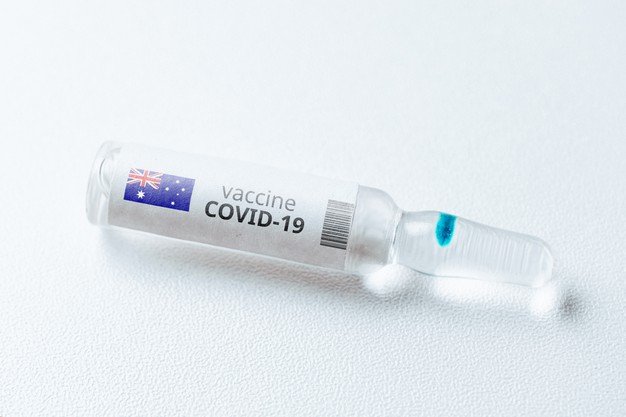
Photo Credit: Freepik
On the basis of scientific advice, the Australian Government has secured an additional 20 million doses of the promising AstraZeneca COVID-19 vaccine, strengthening Australia’s position for whole-of-population vaccination.
This will mean a total delivery of 53.8 million Astra Zeneca vaccine doses in 2021, covering the whole of population requirements. The extra 20 million doses of the Astra Zeneca vaccine will be produced within Australia by CSL. Our advice remains that Australia remains on track for the first vaccinations in March, and completion of the whole population in 2021.
In addition, a further 11 million doses of the Novavax vaccine will be purchased, bringing the total for this vaccine to 51 million. This provides an additional whole-of-population vaccine for Australia if proven safe and effective.
A purchasing agreement is also in place for the Pfizer/BioNTech COVID-19 vaccine, with 10 million doses scheduled for early 2021.
The Australian Government is also part of the international COVAX Facility which allows the purchases of over 25 million doses of a range of other potential vaccines.
Investment in the portfolio of vaccines is based on advice from the expert Science and Industry Technical Advisory Group (SITAG), which is continually monitoring and assessing each of the vaccines to ensure that Australia remains well prepared for the roll-out when the regulatory health and safety approvals have been granted.
As a result of further medical advice to the Australian Government, the University of Queensland’s research into a possible COVID-19 vaccine which has undergone phase one clinical trials will not be proceeding to phase three. As part of all clinical trials, assessments are made before expanding to the next phase of research.
This decision is based on how the vaccine interacts with a testing system and has not been based on the safety or effectiveness of the vaccine candidate. The evidence from the University of Queensland’s phase one clinical trials shows the vaccine to be safe – and that it produces a strong immune response able to neutralise the COVID-19 virus. Further work is required to address the discrepancies occurring in test results due to the construction of the vaccine.




